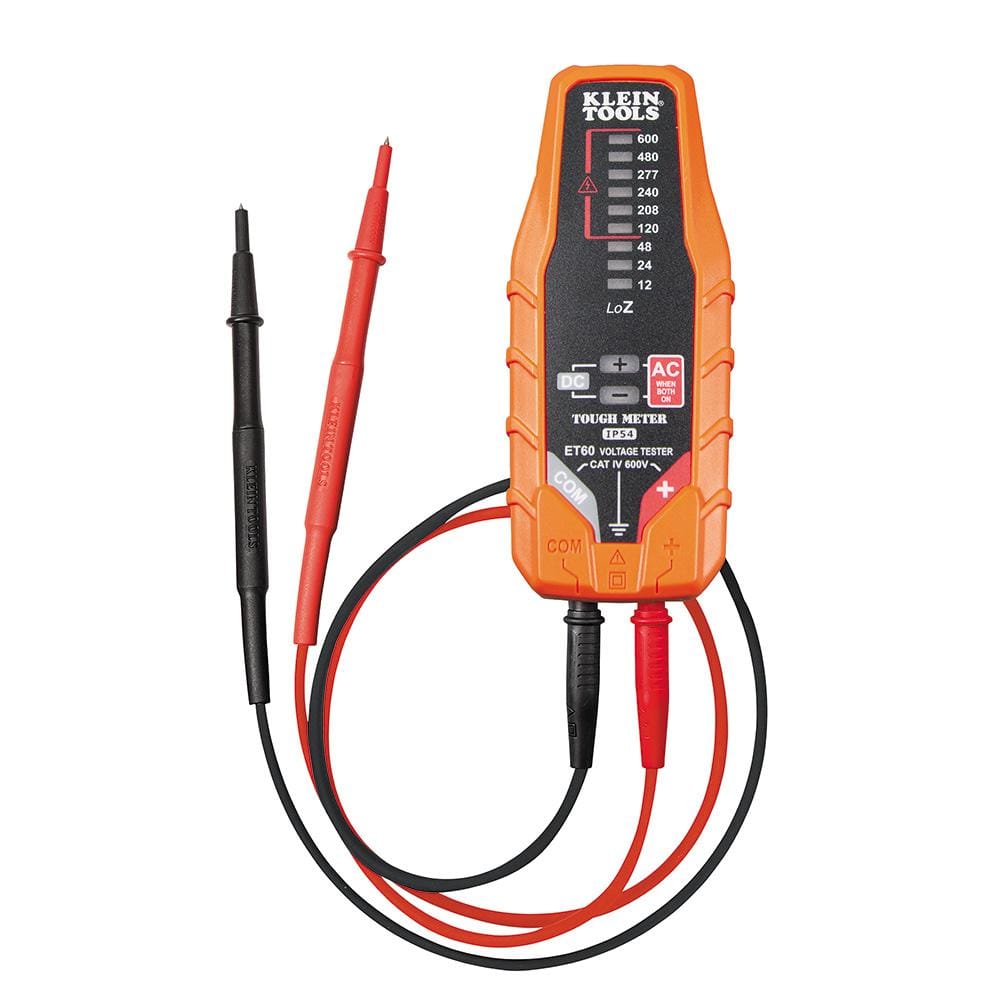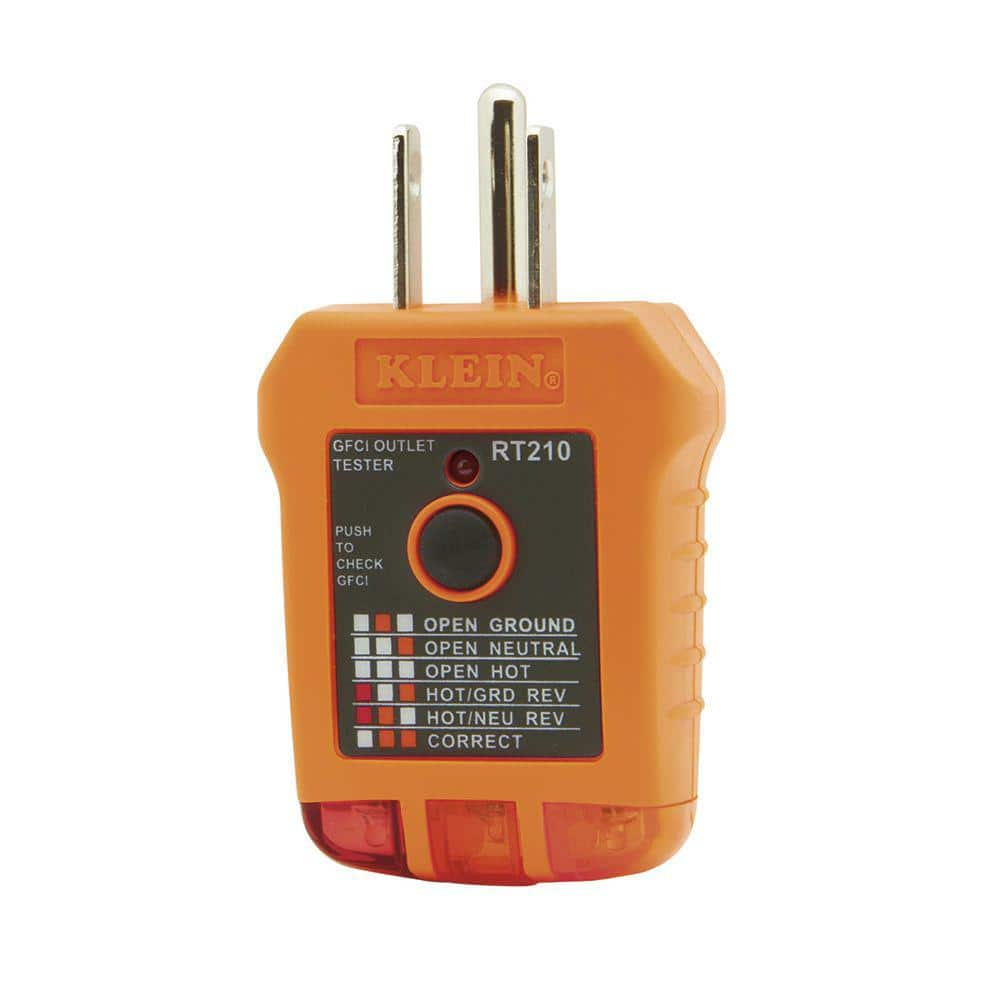The 120 volts your digital meter sees is phantom voltage, not really able to power anything.
That's why I got one of these. It's self-powered and pulls about 10mA at 120V. Enough to trip a GFCI, enough to be sure that it isn't phantom voltage.

Klein Tools Electronic AC/DC Voltage Tester ET60 - The Home Depot
ET60 is a solid-state, low impedance, electronic voltage tester. It measures AC/DC voltages up to 600V. The ET60 does NOT require batteries; it is powered by the applied voltage. It is excellent choice
www.homedepot.com

